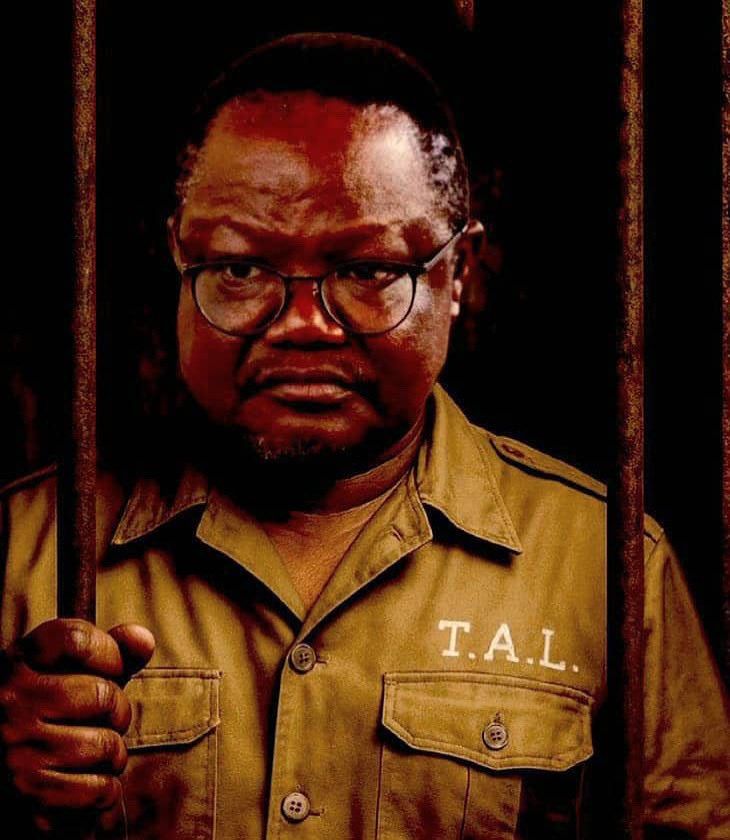Chadema Chairman Tundu Lissu has revealed the harsh realities of his detention, where he has been subjected to total isolation and humiliating surveillance.

In an emotional letter to his supporters and well-wishers, Lissu describes being placed in “forced solitude” for several weeks, with his fellow prisoners who were previously held in the same cell having been removed.
Lissu’s cell is now equipped with CCTV cameras that record his every move, leaving him with no privacy. He reveals that the cameras capture everything he does, even when he uses the bathroom or changes clothes. According to Lissu, this treatment is not about security but rather a deliberate attempt to degrade his human dignity.
The Chadema leader is calling for loud protests against this treatment, which he believes is a clear violation of human rights and a breach of international law. He cites the United Nations Standard Minimum Rules for the Treatment of Prisoners, also known as the Mandela Rules, which emphasize that human dignity remains inviolable even in prison.
Lissu specifically references Rule 1 of the Mandela Rules, which states that human dignity remains inviolable, and Rules 43 and 44, which prohibit prolonged solitary confinement or deprivation of communication, deeming such treatment cruel and inhumane. He also points out that these practices are a violation of the Constitution of the United Republic of Tanzania, specifically Articles 12 and 13, which protect human dignity and prohibit torture or degradation.
Despite the harsh conditions, Lissu remains resolute in his commitment to his beliefs and the cause of justice and freedom. He is willing to endure any conditions, but he draws a line at the degradation of human dignity, which he believes is unacceptable, not just for him but for any human being.
Lissu’s statement serves as a powerful call to action, urging the public to demand justice and respect for human rights. As the international community takes note of his plight, it is imperative that pressure is brought to bear on the Tanzanian authorities to ensure that Lissu’s rights are protected and respected.






